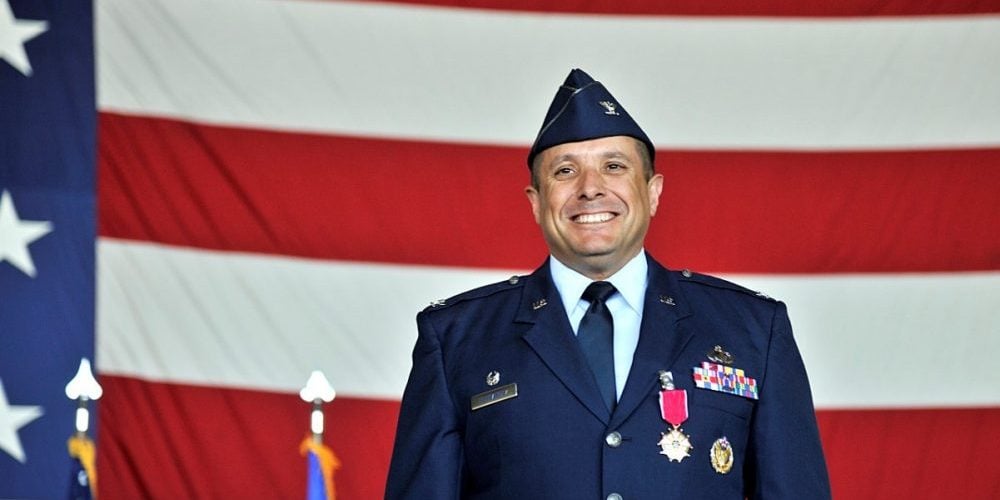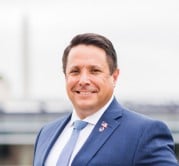How do you define loyalty?
 Colonel Anthony Hernandez on his last day in the United States Air Force.
Colonel Anthony Hernandez on his last day in the United States Air Force.
Last month, I wrote about common values and how our personal values need to align with those of our businesses and institutions for a great society to thrive. This is always a challenge because we all come from different walks of life. Our experiences directly shape our perspectives and often result in different meanings of the same words. This leads to confusion and cynicism when we try to define our common values. Loyalty is one such value.
For many this word brings up thoughts of family and friends or of a favorite sport team. For a military family it is bound to our Nation. But what does loyalty mean in the credit union world?
The very fabric of a credit union closely ties it to the communities and organizations it serves. The name above branch doors and headquarters buildings or on original charters are often a direct reflection of these communities. They are an intrinsic part of each and every credit union. Given this, it should be easy to see where a credit union’s loyalty lies in terms of its members.
But this doesn’t mean that we should rest easy, assuming that everyone is on the same page. One person’s loyalty to a member may be seen as another’s liability. The question becomes how do you balance a desire to serve our communities against issues such as risk assessment and compliance requirements.
Beyond the members, what does “loyalty” mean in terms of other areas of the credit union movement? Do we stick with the service vendors we’ve come to know and trust, or do we take chances on new fintechs that promise to push our business models into the future? Everyone agrees that credit unions must evolve to stay relevant; however, there is no guarantee that these new vendors share the credit union ethos.
Or when our industry is unfairly attacked, how far should we push back on the bank lobby? (Plenty, but that is a different article.) We must decide where we draw the line between loyalty and integrity when defending our right to serve our members to the best of our ability.
Again, our common values are always being tested. This is why leadership at all levels must engage in, communicate, and model proper behavior in line with industry and personal values. Here are some possible conversations that credit union executives and staff should routinely discuss and clarify:
- How is our credit union loyal to our members? How do we earn their loyalty in return?
- How is our credit union loyal to our community? How do we advocate and earn loyalty from our communities?
- How is our credit union loyal to credit union system partners, suppliers, and transaction networks? Do we need to re-examine these relationships?
Afterall, we are all in this together. Credit unions are strong because we have these conversations. As we continue into 2021 and beyond, we must remember that our cooperative principles are our strength. We can use these principles to confront problems, and act as a guide for constantly perfecting our industry.
P.S. For those joining me and keeping count, I just hit day #45 on my 90-day burst. Plenty of peaks and valleys along the way!





